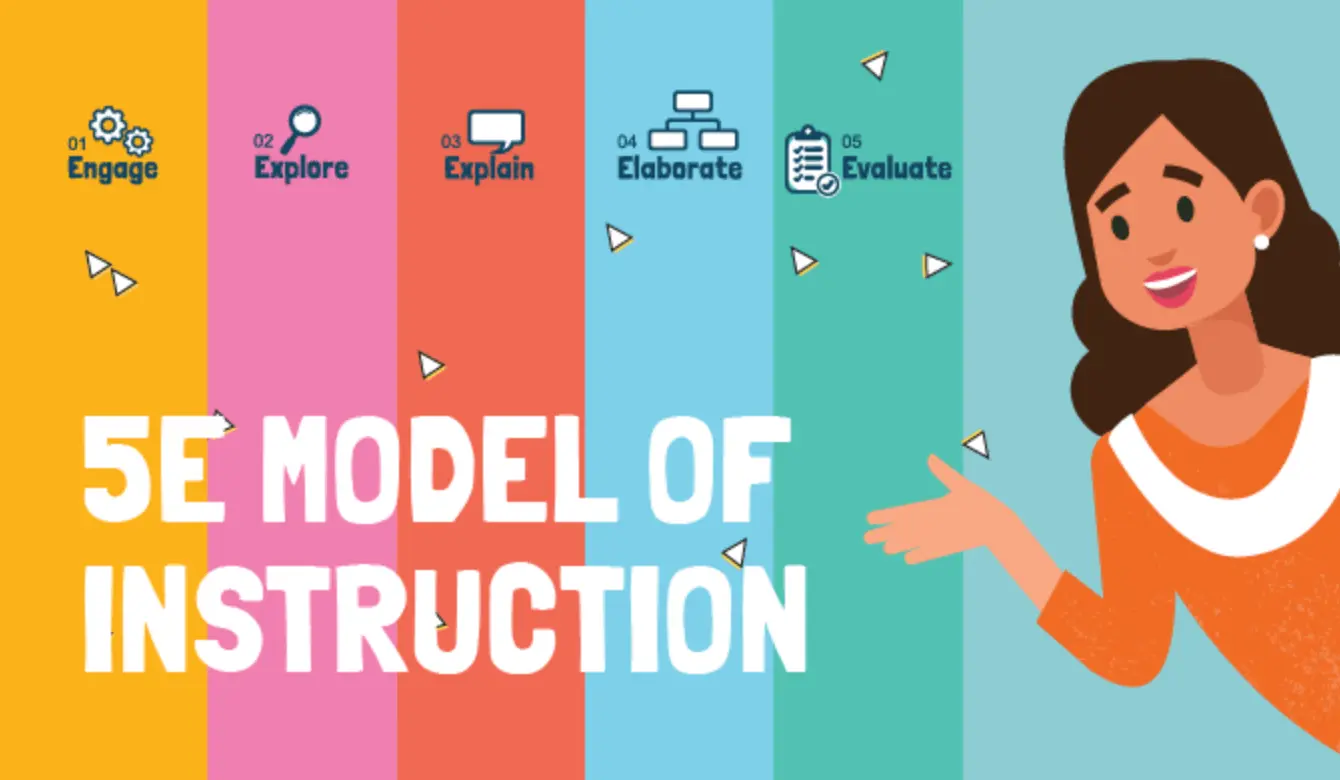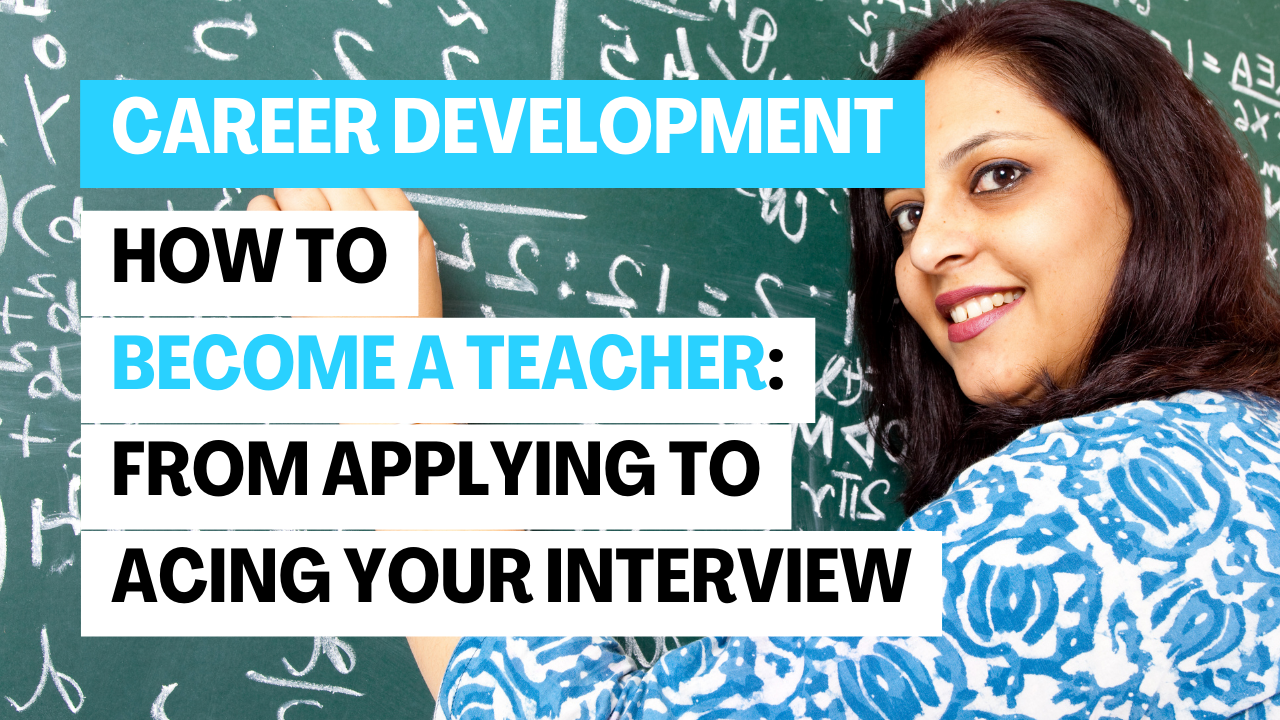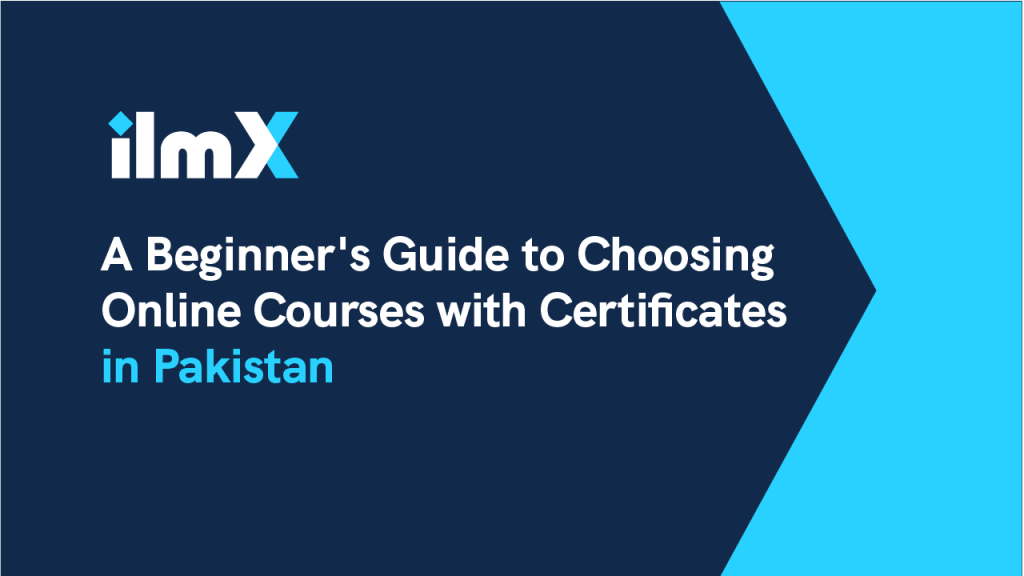Did you just graduate and are figuring out what you want to do next? Are you a homemaker looking to make some money on the side? Do you feel passionate about education in Pakistan? If the answer to any of these questions is yes, then a teaching job might just be waiting for you.
With the right mindset and the correct preparation, you can land a teaching job easily. And to make this process easier, we’ve broken down the process of landing a teaching job into five stages and help you through each of them.
Stage 1: Finding your Forte
Now that you’ve decided you want to teach, you need to think about which subject, what grade you want to teach. This will depend on multiple factors, some of which are:
Years of Education:
If you have 16 years of education and little to no experience, you can still teach higher grades. However, if you have 14 or less years of experience and are just starting out, it’ll be easier to get a job teaching primary or middle school.
Educational Background:
Ideally you would want to teach something you’re familiar with. So, if you have a degree in economics, it just makes sense to teach economics. Having said that, just because you’ve studied economics, does not mean you have to teach economics. You may teach more generic subjects such as English, Social Studies, Geography, Islamiat, etc. as well. The best teachers are teachers who are genuinely interested in what they teach.
Experience:
Trust us when we say this, you can become a teacher even if you have no experience. You’ve taught the neighbor’s kids? That’s experience. You’ve taught your younger siblings or nieces and nephews? That’s experience. You just need to be able to sell that to the school.
Specialized Training:
Whether you’re a newbie or a seasoned teacher, getting a certification or two from a reputable institute will always be helpful.


- Course
- 100% Online
While there are many generic trainings that will help you no matter what subject you teach (like the 5E Model training above), there are many courses available that are specific to your subject or your teaching level. For instance, you can take the Montessori Training if you’re looking to teach younger children or Cambridge International Teaching and Learning if you want to teach the Cambridge syllabus to older kids. Such training especially comes in handy if you don’t have prior experience in teaching because it shows your interest and willingness to grow.
Your Resume:
Now that you’ve decided what you want to teach, it’s time to create your CV. Your CV can really help you stand out, even if you don’t have any experience. Highlight any other experience you may have had, for example, volunteer work, teaching the help at your house, giving tuitions to the neighborhood kids, etc.
Moreover, add hobbies and activities that might be relevant to what you want to teach. Add reading for it will show your interest in learning. If you like writing, even if it is your diary, mention that.
Remember that the addition of a teaching course that you may have taken recently will increase your chances of getting a teaching job because it will show your dedication to the profession and your seriousness towards pursuing it.
Stage 2: Looking for a Teaching Job
The easy part is over. Now you actually need to put your plan into action.
The Right Time to Apply:
The best time to drop your CV is when the new term starts in August or when the second term starts in January. This is when most schools are looking to hire teachers.
Check Your Network:
Check if someone from your existing network is working at a school. Reach out to them and ask them about vacancies. Don’t be hesitant because a reference can really up your chances of getting a job.
Expand Your Network:
If you don’t have anyone in your circle to refer you, attend workshops and engage with professional organizations like All Pakistan Private Schools Federation (APPSF) to connect with fellow educators. Attend events like the National Technology Conference arranged by APPSF, and see how other teachers network. Try to initiate conversations with those who have been in the industry for a long time, as they have a plethora of anecdotes and teaching experience to guide you regardless of your field. You might even be able to leave the event with a potential mentor to help you on your journey.
Dropping the CV:
Make sure you personally go to drop the CV so the school administration can put a face to it. If possible, interact with them to find out what they’re looking for and put in a good word for yourself. Also, we would suggest you dress up professionally and have a tidy look.
Stage 3: Waiting for an interview
While you’re waiting for that interview, here are a few things you can do to learn and demonstrate during that interview.
Be Open to Non-Traditional Possibilities:
While you are waiting to get that call, explore online opportunities to teach as well. Virtual classrooms can open doors to being able to teach different age groups, in different countries too! Moreover, online tutors are in high demand, especially near exam season. Use these timeframes to polish your CV and gain practical experience.
Learn How to Create a Harmonious Classroom:
Master effective classroom management techniques tailored to your students’ cultural backgrounds and learning styles. If you’re looking for teaching resources, the internet really is a gem full of free content. Learn from the top online Pakistani teachers. Take notes of what they do that makes so many students choose them as their favorite online resource.
Practice Crafting Engaging Lesson Plans:
Once you become a teacher, you will be expected to please both the administrators of your school and your students. The lesson plan you create must cover the syllabus you are required to cover, but it must also be created in a way that will make it engaging and fun for your students. Look for courses online, and practice rearranging their topics with interesting activities.


- Course
- 100% Online
Stage 4: Interview Preparation
Great news! You’ve just been called in for your interview! How do you prepare for it? Here’s how:
1. Talk About Your Passion for Teaching:
Share personal stories demonstrating your enthusiasm for teaching and commitment to student success. Mention an old story of a teacher who showed you the beauty of learning new things, or perhaps talk about how you love your field so much that you want to share your knowledge with the next generation in hopes that they will love it too.
2. Research the School:
Familiarize yourself with the school’s values and educational approach, emphasizing how your teaching philosophy aligns with theirs. Show your interviewer that you are thoroughly prepared.
3. Highlight Your Experience:
Provide examples of how you have overcome obstacles and how you possess the quick thinking that a teaching job requires. If you have any previous teaching experience, talk about any challenges you faced and how you overcame them. An example would be how you took the time to patiently help a student understand a topic that they found particularly difficult.
4. Practice and Prepare:
Engage in mock interviews to refine your responses and seek feedback from peers or mentors. Even if you think you know the answers, practice saying them out loud. Try to sound as relaxed and confident as possible.
5. Demonstrate Professionalism:
Wear an appropriate outfit and show active engagement during the interview, demonstrating your professionalism. Let your potential employers know that you are ready for the responsibilities that a teaching job entails.
Stage 5: Preparing for the Demo Lesson
If your interview goes well, you might be asked to come in for a demo lesson. These are made to check your teaching skills in a practical setting.
Be Prepared:
No matter how many times you have rehearsed your lesson plan, always be prepared for any hiccups. Once you have decided on the topics you want to teach in your demo lesson, keep a set of notes handy, and keep your references nearby just in case you need to brush up on some topic. If you plan on using any forms of multimedia, remember that technical issues can happen even if you think you are prepared. Keeping these setbacks in mind will help you overcome such challenges with confidence. If your PowerPoint presentation starts glitching, switch on over to the whiteboard until someone from the IT department can come help.
Keep it Engaging:
Start with a captivating introduction and incorporate interactive elements to keep students actively participating. You could include fun icebreakers if there is enough time for that in your lesson plan. You could play a fun game of science-based 2 truths and 1 lie – share three scientific statements with your students, and let them guess which one is a myth. A trip to the computer lab might not work for a demo lesson, but you could pitch an idea for a future lesson where students are given access to educational computer games, where they can engage in some healthy competition to see who gets the highest score (These games ask students math questions and players are rewarded based on their speed, etc.).
If none of these other interactive activities feel like they would fit well as a part of your lesson plan, then you could stick to the basics; ask your students questions and let them ask you questions. An environment that fosters healthy conversations is the best gateway to an interactive classroom.
If you’re unable to come up with any activities relevant to your demo class, take help from AI. Ask ChatGPT for suggestions and see which ones make sense.


- Course
- 100% Online
Set Expectations:
Establish clear classroom rules so your students know what they can or cannot do. Communicate clearly, and let your students know what will be expected from them for your lesson.
Encourage Collaboration:
Encourage open communication to create a supportive learning environment. Teach at your students’ level, keeping their age group and their interests in mind. The examples you give in class should be relatable. You could use popular meme formats to add some humor, or you could use an element from a popular cartoon movie to explain a scientific concept. Take some time out to discuss the physics of Superman’s flying powers. This will encourage your students to ask questions. The next question they ask could be how Harry Potter flies so fast on a broom. Encourage students to engage in group discussions after your class. They will probably come up with even more innovative ideas and questions together.
Challenges and Opportunities
Nothing worth having comes easy. Teaching in Pakistan opens avenues for becoming a part of a larger cause. You’ll be at the frontline of fostering positive change. You’ll interact with students and find that there is so much that you can learn from them. But there are also many challenges that you might have to face. Some days might feel longer than others, and you might occasionally encounter a student that has absolutely no interest in the subject you are teaching. But that’s all a part of the journey.
Remember, teaching is more than a job—it’s an experience that requires patience, adaptability, and a genuine passion for education. As you start your journey in the education sector, cherish every “aha” moment and lean on your fellow educators for support.
In the words of Haya Saboor from Froebel’s International School, Islamabad,
A career in education is a dynamic and fulfilling journey. Well-timed humor can transform moments into engaging adventures. Celebrate small wins, and cherish your professional community; your fellow educators can provide invaluable support.
Haya Sabor, Froebel's International
Embrace the journey ahead with confidence, knowing that each day brings new opportunities to make a difference in the lives of your students and build a brighter future for Pakistan.




